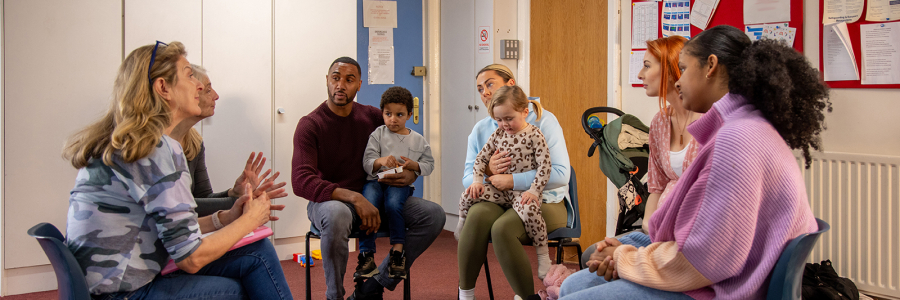What are clinical trials?

Discover what a randomised clinical trial is and why they are important.

Patient and Public Involvement, or PPI, means working with people who have personal experience of a health condition or service to help shape and guide research. People who get involved are called 'public contributors'.
Anyone with personal or lived experience of a health condition, care service, or life situation related to the research can be a public contributor. This includes patients, carers, parents, family members, or people from community groups or charities. You don't need any special training—your experience and views are what matter most. There are no right or wrong answers, everyone's input is valued and we welcome people from all backgrounds and with different life experiences.
Public contributors are vital to research, they can help by:
You can find general information about PPI in the NPEU here https://www.npeu.ox.ac.uk/public-involvement
There are several stages of a clinical trial and public contributors are involved throughout, from the initial trial design through to the final sharing of results. In a clinical trial, we are usually looking for people to take on one of three different PPI roles.
A PPI co-applicant is a public contributor who is part of the main research team applying for money to do a research study. They will be part of a group called the co-applicant group. A co-applicant means someone who helps write and plan the research project from the start.
A PPI co-applicant:
A PPI co-applicant will often be involved throughout the whole trial and whilst they meet more when the trial is being set up, once it is set up, they may meet up to twice a year to get an update on how the trial is going. Meetings normally take place remotely online, during office hours.
Every trial has a Trial Steering Committee (TSC). A TSC is a group of people who help make sure a trial is being done properly. This group checks that:
The TSC will include people with relevant experience and knowledge (such as doctors, other clinicians, and public contributors). These people are usually independent (not part of the main research team). It will also include some members of the research team. Public contributors are vital to a TSC. They bring a different point of view that doctors and researchers may not think of.
A TSC normally meets once a year to review performance of the trial. There will often be a report to read before the meeting. Meetings typically take place online, remotely, during office hours.
A Parent/ Public Advisory Group is a group that brings together several public contributors with real-life experience of a particular health condition. A Parent/ Public Advisory group is like a focus group. It helps the research by:
They normally meet up to twice a year remotely, although this can be more frequent when the trial is being set up. Meetings are usually in the evening, to make it easier to take part around family and work commitments.
If you have any questions about PPI please do get in touch via email: ctu@npeu.ox.ac.uk.

Discover what a randomised clinical trial is and why they are important.

Hear Heather's story, as a PPI co-applicant on the DOLFIN trial
No javascript available, can't display an interactive map.